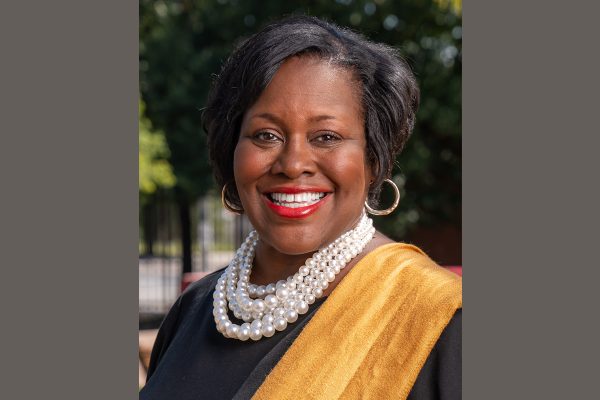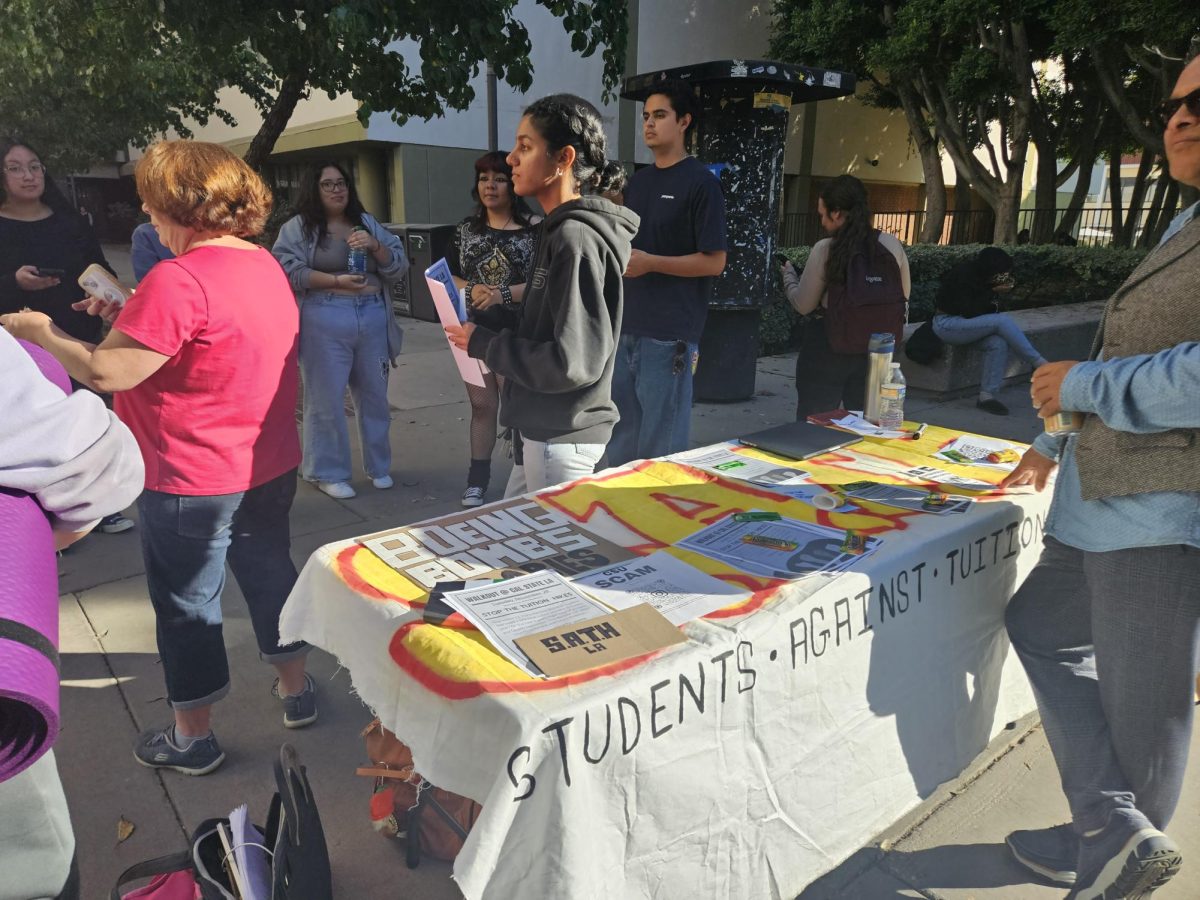Cal State LA President Berenecea Johnson Eanes will receive a starting salary of $496,213 plus an annual $60,000 housing allowance — per a recent CSU Board of Trustee’s decision — and while some community members have noted it is more than U.S. President Joe Biden’s salary, how does the figure stack up against her peers across the CSU system and at neighboring universities?
The salary schedule for CSU presidents ranges between $311,712 and $586,464 for a base salary annually. The figure assigned to a given president is based on education and relevant experience.
Only two out of 23 CSU presidents are paid more than what Johnson Eanes will make: Adela de la Torre of Cal State San Marcos earns $533,148 and Jeffrey Armstrong of Cal State San Luis Obisbo makes $509,336.
Of the CSUs in the greater Los Angeles area, Johnson Eanes’ salary is the highest, though when considering local state-funded public universities, she is edged out by University of California Los Angeles President Michael V. Drake, who is paid a staggering base salary of $890,000. Salaries of private university presidents vary widely. Carol Folt of University of Southern California earns over $1 million, for example.
Johnson Eanes will also receive an annual housing allowance of $60,000, and a monthly auto allowance of $1,000, in addition to a standard CSU benefits package, which is consistent across the university system.
Johnson Eanes has extensive experience in leading a university. She previously served as vice president of student affairs at Cal State Fullerton from 2012 to 2019. Since then she has led universities nationwide, including her service as president of York College City University of New York. She is Cal State LA’s first woman president and will start her new role on Jan. 8, 2024.
An acclaimed scholar herself, Johnson Eanes is widely published in the field of social work. She earned a public health bachelor’s degree from Dillard University, a master’s in social work from Boston University and a doctorate in social work from Clark Atlanta University.
To justify the annual salary expense, then interim chancellor Jolene Koester pointed out Johnson Eanes’ experience during a board meeting in September.
“Currently serving as president of York College City University of New York, Dr. Eanes brings to her role a longstanding and proven track record of enhancing the student experience, supporting faculty excellence and engaging the broader community to enhance its educational mission,” said Koester.
Just days earlier, Koester issued a warning regarding ongoing labor negotiations, saying that if CSU staff compensation continued to increase as it has done so yearly, “each of our universities would be forced to make difficult and painful decisions regarding how to reallocate their already limited financial resources.”
Despite this, the motion to approve Johnson Eanes’ salary and benefits package was not discussed by board members, and was approved unanimously by the board on Sept. 13.
To be sure, Johnson Eanes’ experience puts her on the high side of the salary schedule, and her pay is in line with industry standards for someone of her ample experience. Still, students and Cal State LA workers alike expressed dissatisfaction with the level of pay, saying it is insensitive to the many labor conflicts and tuition struggles dominating Cal State LA’s public discourse.
In September, the CSU Board of Trustees approved a multi-year tuition proposal that will increase tuition by 6% annually for five years and generate $860 million in revenue across the 23 CSU campuses.
“It is rather shocking that student workers can make less than minimum wage while the president is making over $500,000 annually. Coupled with a raise in tuition set for 2024, it is hard not to be frustrated,” said Harrison Carr, a fourth-year accounting student at Cal State LA.
Most CSU employee salary levels are determined through collective bargaining, however managers and executives are not unionized, while about 90% of CSU’s employees are represented by a union, according to the CSU.
The largest unions are the California Faculty Association, which comprises about half of CSU’s salary pool, and the California State University Employees Union, which represents support staff and comprises about one‑quarter of CSU’s salary pool. Both are currently coordinating labor actions, and the CFA recently voted to authorize a strike. Managers and executives account for the remaining 10% of the salary pool.
Leadership from the CSUEU expressed frustration that labor negotiations with CSU workers are often contentious, while the Board of Trustees unanimously votes to approve widespread salary increases for senior management and executives routinely.
“We’re frustrated that the Board of Trustees just comes to meet quarterly, makes a snap decision, and then walks away without doing their part in finding creative ways to save money so they can pay their workers. They don’t look for funding outside of the state of California budget,” CSUEU President Catherine Hutchinson told the University Times.
Swelling labor movements, spikes in tuition and mounting national economic turmoil: all heated topics of daily discussion, but Johnson Eanes’ hefty salary award moved forward unanimously, without any resistance from the board.
The University Times reached out to the university, instead of Johnson Eanes, but has yet to receive a response.








